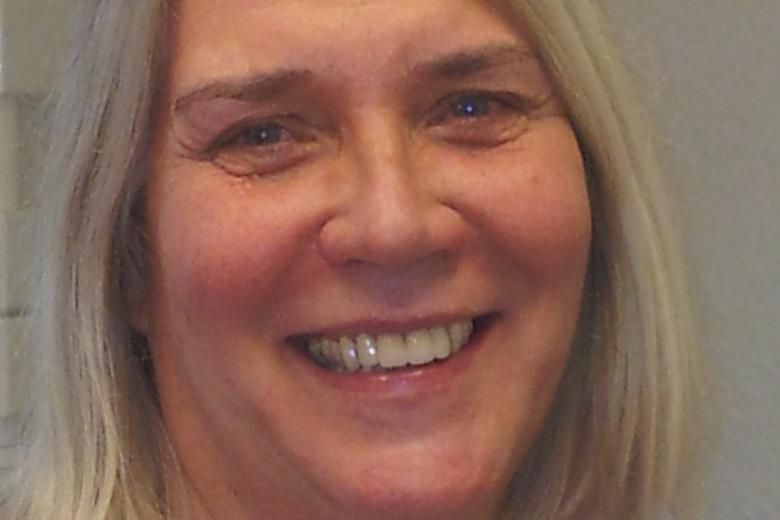Simone Veil, née Jacob; a most remarkable woman
Simone Veil passed away on 30 June 2017, just two weeks shy of her 90th birthday. The fact that her funeral was a national ceremony at the Hȏtel des Invalides, and that her remains have been interred in the Panthéon - as one of the four women who have been bestowed with this honour because of their merits - is an indication of her importance for France, but also for Europe.
Simone Jacob was a girl of 14 when World War II started. Before the war, she was hardly aware of the fact that her family was Jewish since they did not practice religion. She was 17 when she was apprehended by Germans soldiers and deported to Auschwitz-Birkenau and later to Bergen-Belsen.
When she returned to Paris in 1945, she started studying law and political science. She continued her studies after she married Antoine Veil in 1946; in the course of their marriage the couple had three sons.
Simone started her career as a civil servant with the Ministry of Justice. She became a penitentiary administrator responsible for women’s prisons. As she had been a prisoner herself, she did her utmost to improve the circumstances for women in French prisons.
Simone became more and more involved in politics after 1969. She was appointed as the first female Minister of Health by Jacques Chirac. In this function she became a feminist icon when she succeeded to legalise abortion in 1975 in spite of strong resistance from conservative politicians and smear campaign directed at her and her family. Although The Voluntary Interruption of Pregnancy Act, which became known as the ‘Veil Law’, made it legal to have an abortion, it was quite reticent. In first instance, it was the task of a woman’s doctor to try to dissuade her and inform her of the impact of the surgery. Furthermore, counselling and assistance were offered, and information was given about the possibility to give the child up for adoption. According to Simone, abortion should remain an ultimate remedy, when there was no other option.
Simone, who was very much in favour of a united Europe, ran for candidacy in the first direct-suffrage elections for the European Parliament in 1979. She was chosen and remained a Member till 1993. She left the European Parliament to become a Minister yet again in 1993. This time for Social Affairs, Health and Urban Issues.
Simone was a strong advocate for political participation of women, and she was one of the signatories to the ‘Manifeste des dix pour la parité’ which promoted gender parity on the lists of candidates of political parties. In the end, her efforts, and those of others, led to a legal obligation for parity for political parties in France in 2000.
Simone was also a strong proponent of the EU Charter of Fundamental Rights. In 2005, she devoted most of her time on campaigning in favour of adoption of this instrument.
After Simone retired in 2007, she wrote her memoirs, ‘Une Vie’ (A Life) which were widely published and translated in several languages.
| More blogs on Law Blogs Maastricht |
I. Westendorp
Dr Ingrid Westendorp is a senior lecturer and researcher in International Law and Woman and Law with the International and European Law Department of Maastricht University. She is interested in research on economic and social human rights, particularly the rights to housing and land, and issues concerning human rights of women such as domestic violence and gender equality in the context of culture.

-
How do the Dutch deal with their colonial past?
The debate on the implications of Dutch colonial rule in Indonesia recently intensified after a report concluded that the Dutch forces had used extreme violence. Reactions to the report reveal that the issue remains controversial and challenging to discuss. The findings in the report do however...

-
Part II: time for the Commission to act - Let us not forget about EU fundamental rights
About a year ago, this blog published my contribution “Let us not forget about EU fundamental rights,” which addressed the situation at the EU’s external borders. At the time, the decision of the ECtHR in the case of N.D and N.T v. Spain, was heavily criticised for failing to protect the right to...

-
Returning colonial-era heritage and the law – looking back to move forward
In the fall of last year, the Dutch Raad voor Cultuur has issued an advice on how the Dutch government and Dutch museums (and the broader public in the Netherlands in general) should deal with the continuing presence of colonial-era heritage in Dutch museum collections. The report constitutes a...
